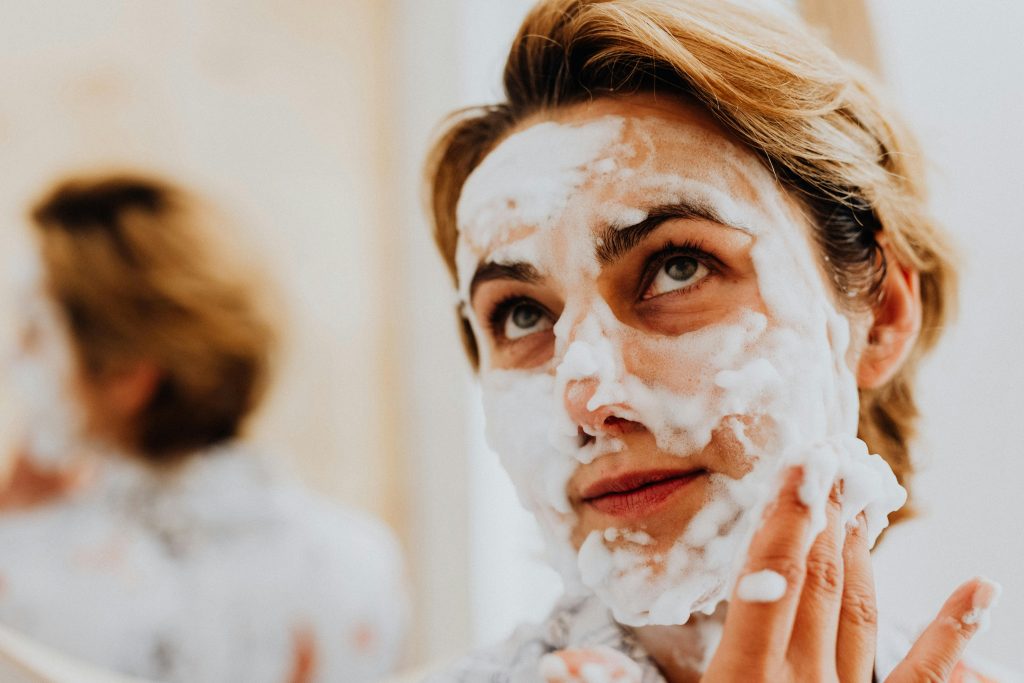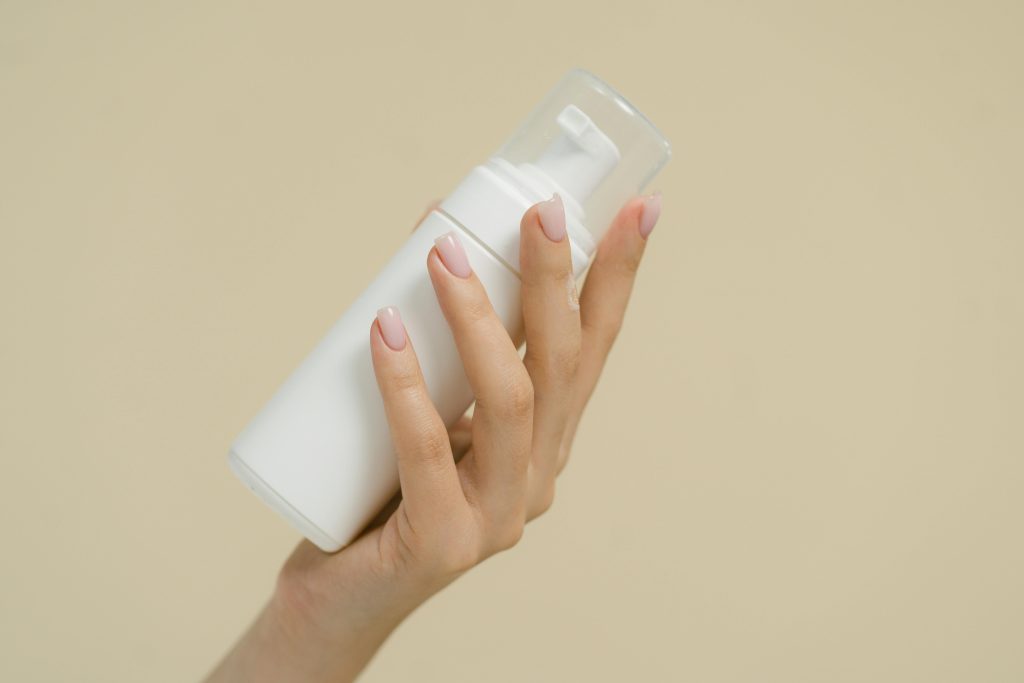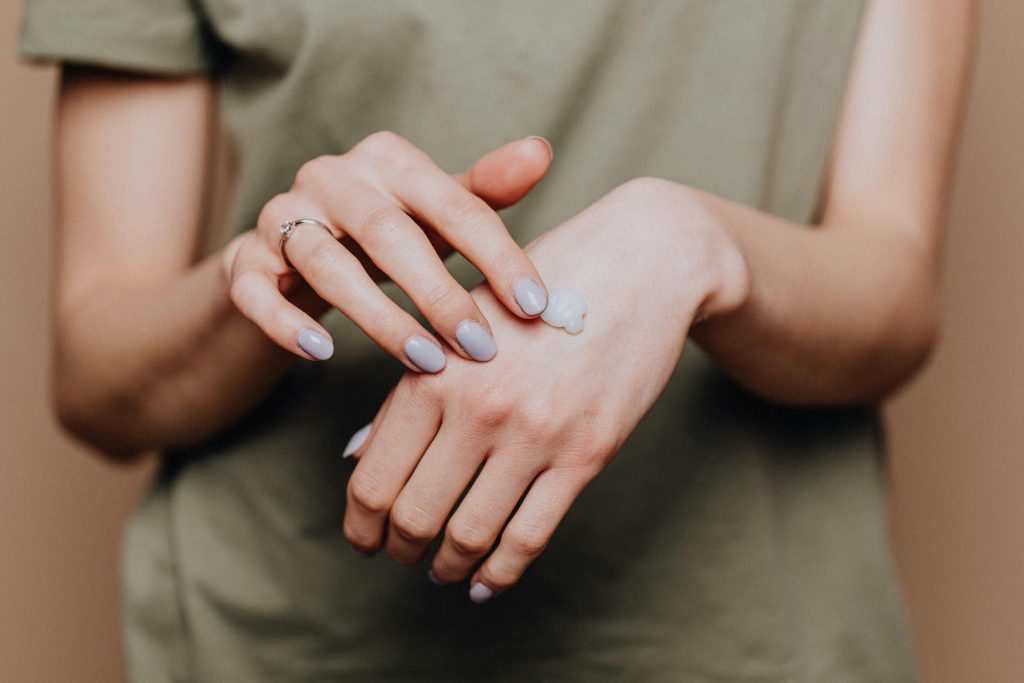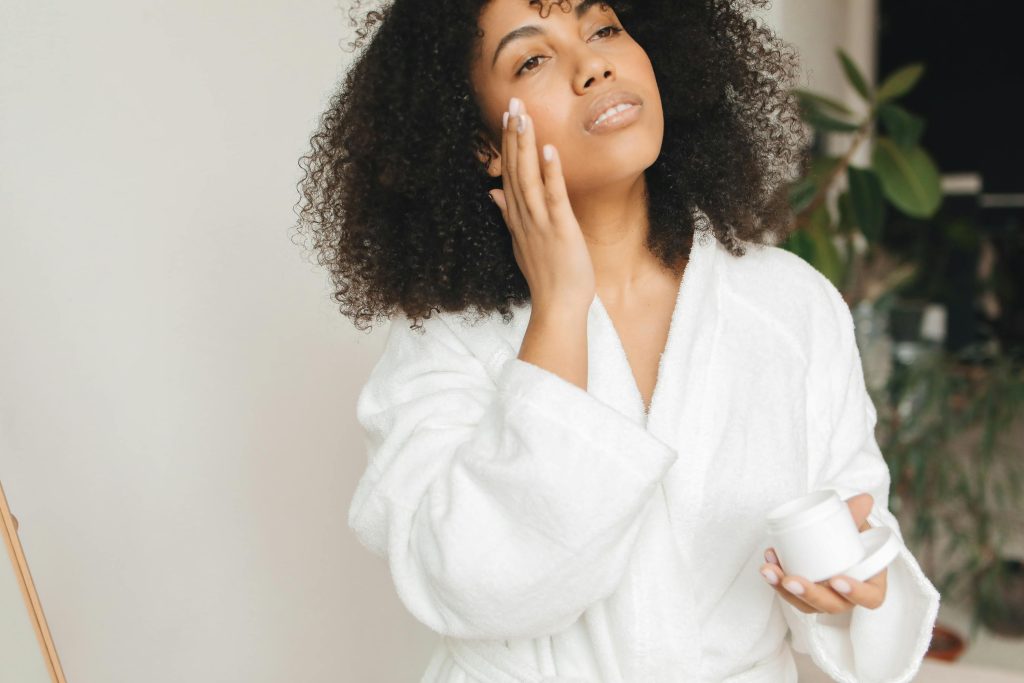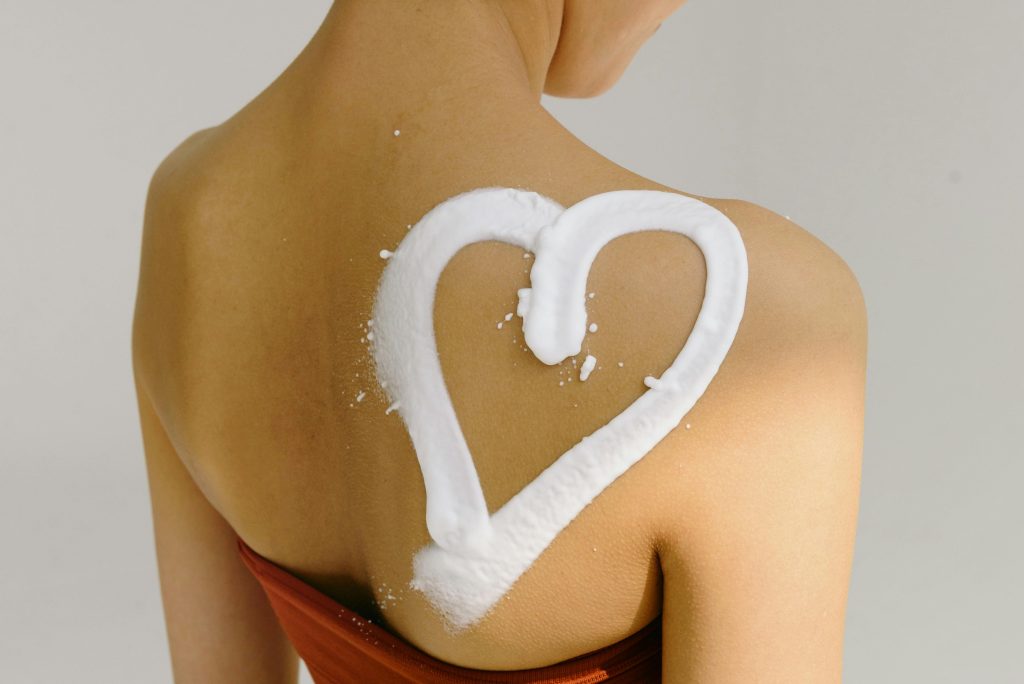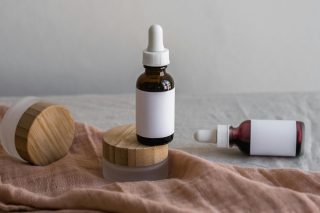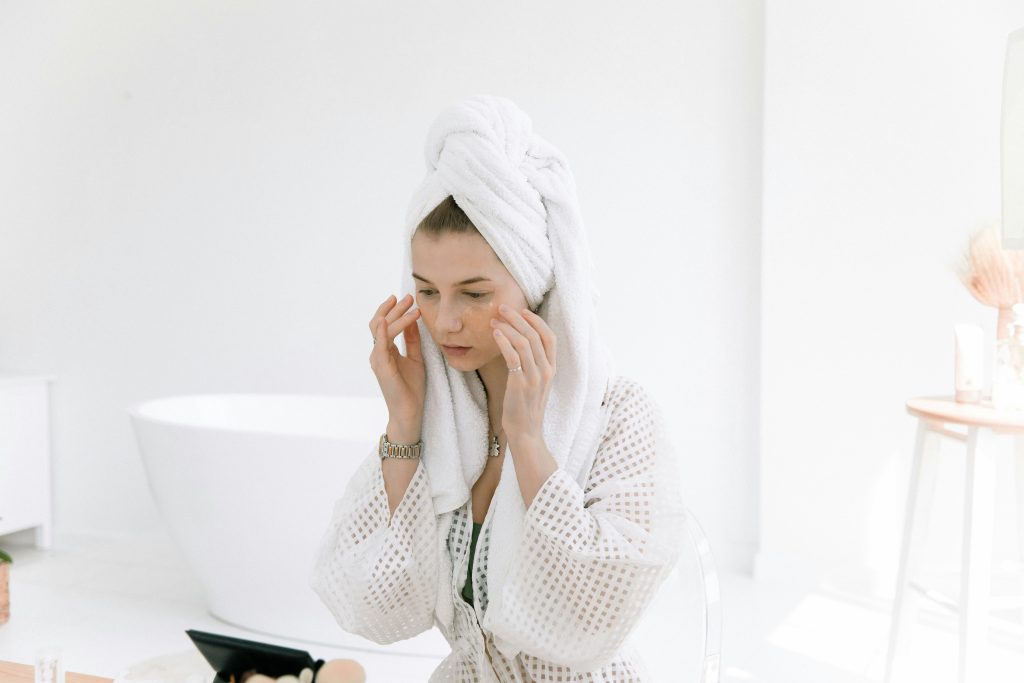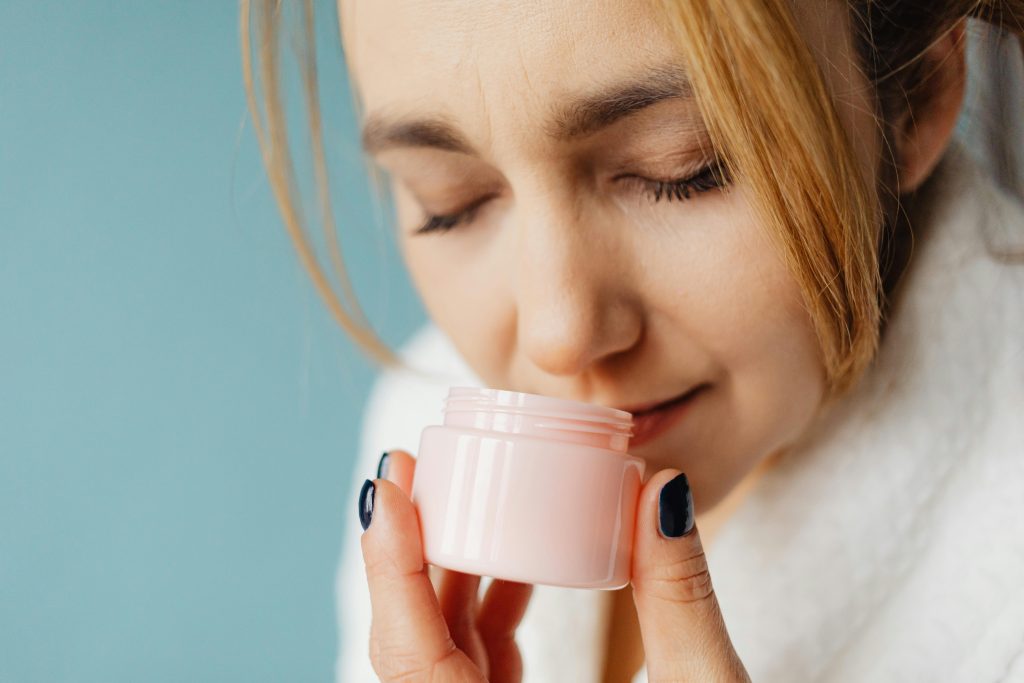
As an Amazon Affiliate, I earn a commission for the products linked bellow
Fragrance-Free vs. Hypoallergenic: What's the Difference?
Fragrance-Free vs. Hypoallergenic: What’s the Difference?
When choosing skincare products, you’ve probably seen labels like “fragrance-free” and “hypoallergenic.”
Although they may seem similar, they address different skin concerns. Understanding the difference can help you select the best products for your unique skin needs.
What Does Fragrance-Free Mean?
Fragrance-free products are formulated without any added synthetic or natural fragrances. This means they do not contain ingredients specifically used to create a scent.
However, it’s important to note that some fragrance-free products may still have a subtle smell from the raw ingredients.
The absence of fragrance doesn’t guarantee the product is completely scentless, but it does mean no perfumes or aromatic ingredients were intentionally added.
Why Choose Fragrance-Free?
Fragrance-free products are ideal for individuals with sensitive skin or those prone to irritation.
Added fragrances can cause redness, itching, or allergic reactions, especially for people with conditions like eczema or rosacea.
Opting for fragrance-free skincare reduces the risk of contact dermatitis and is generally gentler for everyday use.
Recommended Fragrance-Free Products:
🫧 CeraVe Daily Moisturizing Lotion: Hydrating and non-irritating.
🫧 Vanicream Gentle Facial Cleanser: Specifically formulated for sensitive skin.
🫧 Neutrogena Hydro Boost Water Gel: Lightweight and fragrance-free.
What Does Hypoallergenic Mean?
Hypoallergenic products are formulated to minimize the risk of allergic reactions. Manufacturers typically avoid common allergens, but this doesn’t guarantee that the product is completely allergy-proof.
There is no regulatory standard defining “hypoallergenic,” so some people may still react to these products.
Manufacturers usually base their claims on avoiding ingredients known to trigger reactions in most people.
Why Choose Hypoallergenic?
Hypoallergenic products are suitable for individuals with known allergies or highly reactive skin.
These formulations are less likely to cause breakouts, rashes, or other reactions, making them ideal for those with a history of skin allergies.
However, it’s still important to read the ingredient list, as individual sensitivities vary.
Recommended Hypoallergenic Products:
🫧 Aveeno Ultra-Calming Foaming Cleanser: Reduces redness without irritation.
🫧 La Roche-Posay Toleriane Double Repair Face Moisturizer: Gentle and hydrating.
🫧 Burt’s Bees Sensitive Daily Moisturizing Cream: Nourishing and formulated without known allergens.
Key Differences Between Fragrance-Free and Hypoallergenic
While both fragrance-free and hypoallergenic skincare products aim to reduce irritation, they focus on different aspects.
Fragrance-free products eliminate perfumes that can trigger reactions, while hypoallergenic products aim to avoid common allergens altogether.
If you have extremely sensitive skin, choosing products labeled both fragrance-free and hypoallergenic may offer the best protection.
However, always do a patch test when trying a new product, as no label can completely guarantee zero reactions.
Which One Should You Choose?
Choosing between fragrance-free and hypoallergenic products depends on your skin type and concerns.
🌸 If You Have Sensitive Skin, opt for fragrance-free products to reduce irritation from added scents.
🌸 If You Have Allergies, choose hypoallergenic to minimize reactions to common allergens.
🌸 If You Have Both, look for products labeled as both fragrance-free and hypoallergenic for added protection.
Common Misconceptions
- Hypoallergenic Means Allergy-Proof
False. Hypoallergenic products are less likely to cause allergies but can still irritate some people. Always patch-test new products.
- Fragrance-Free Means Odor-Free
Not necessarily. Some products may still have a natural scent from their ingredients, even without added perfumes.
- Hypoallergenic Products Are Always Fragrance-Free
Not true. Some hypoallergenic products may still contain mild or natural fragrances. Always check the label.
FAQs
- Can a product be both fragrance-free and hypoallergenic?
Yes, some skincare products are formulated to be both. Always read the ingredient list to ensure it meets your needs.
- Are natural fragrances less irritating than synthetic ones?
Not necessarily. Even natural ingredients like essential oils can trigger reactions in sensitive skin.
- How do I know if a product is genuinely hypoallergenic?
Check for a statement or certification on the packaging. However, remember that hypoallergenic is not a regulated term.
- Are fragrance-free products always better for sensitive skin?
Usually, yes. Since fragrances are common irritants, choosing fragrance-free products can help minimize the risk of skin reactions.
- Why do some hypoallergenic products still cause breakouts?
Everyone’s skin is unique, and even hypoallergenic products may contain ingredients that some individuals react to. Always patch-test new products.
Final Thoughts:
While both fragrance-free and hypoallergenic products are beneficial for sensitive or allergy-prone skin, they are not the same.
Fragrance-free products focus on eliminating perfumes, while hypoallergenic items aim to reduce allergens.
To make the best choice, consider your skin’s needs and test new products cautiously.
By understanding the difference between fragrance-free and hypoallergenic, you can make informed decisions that keep your skin calm, comfortable, and healthy.

